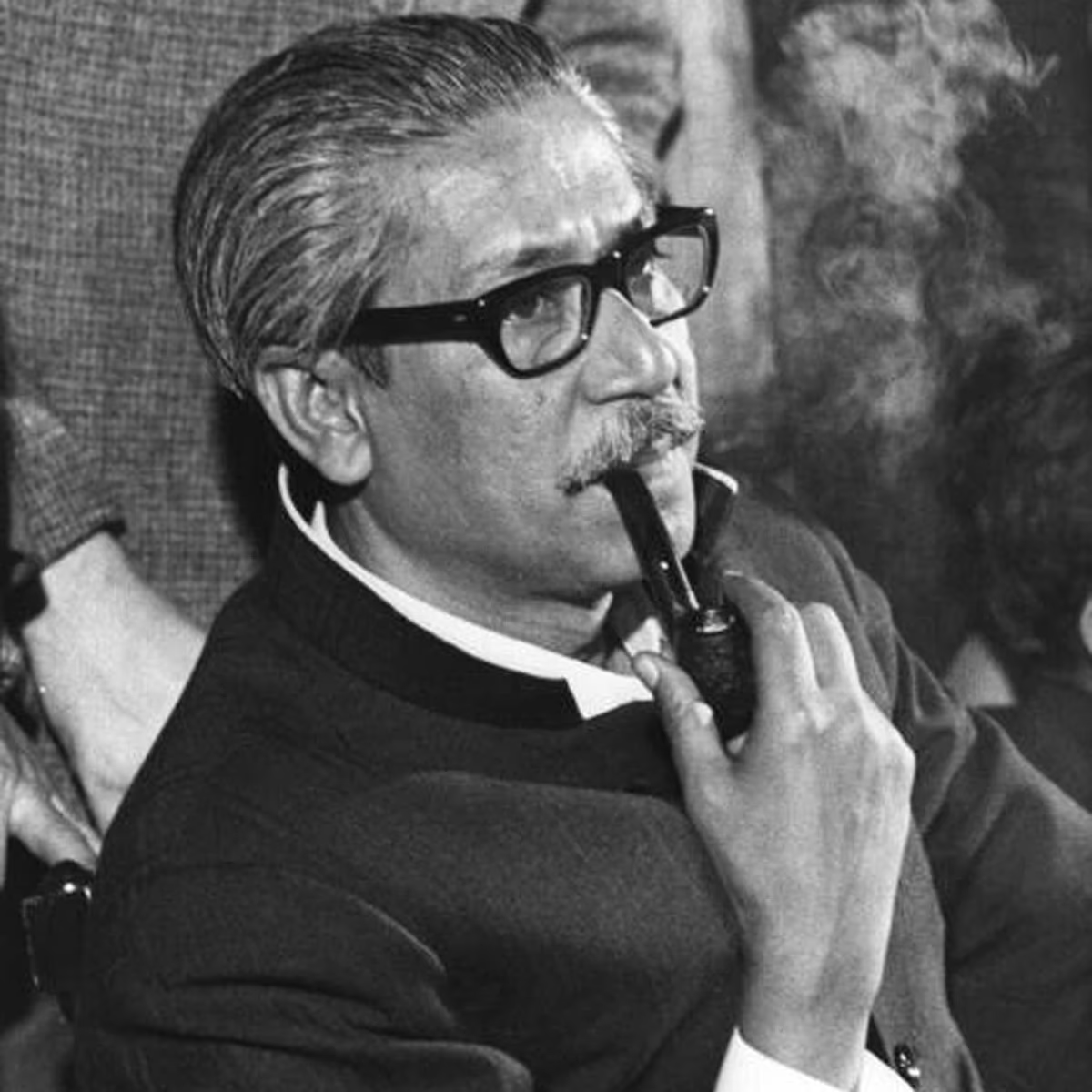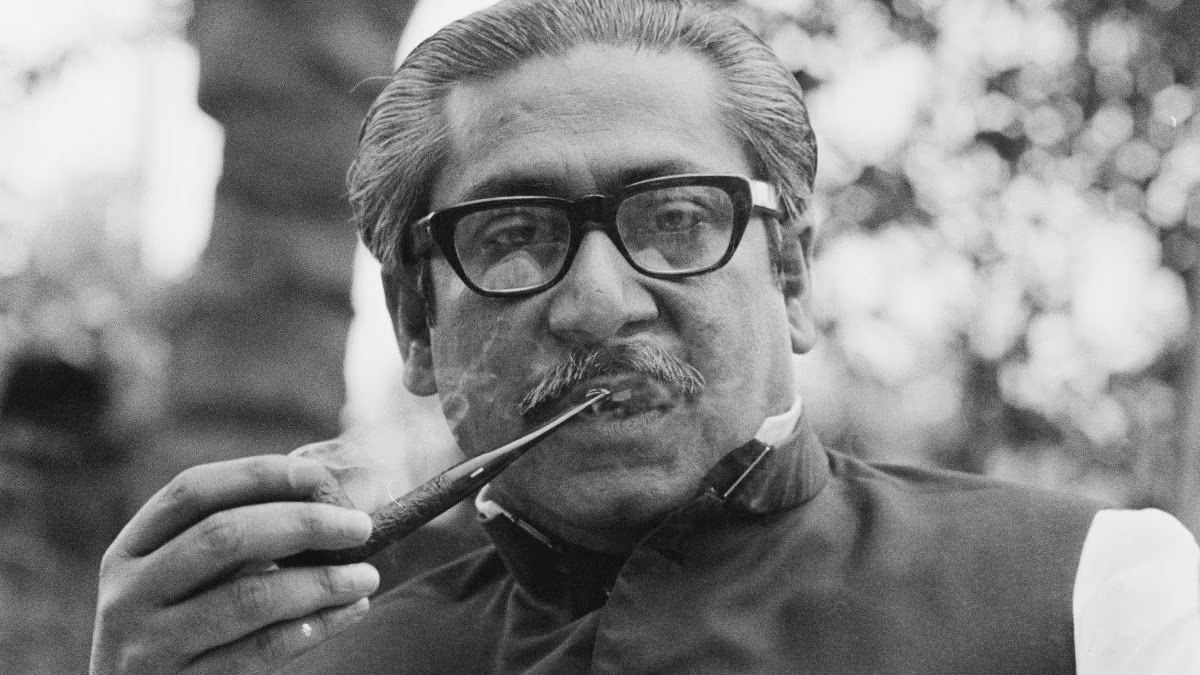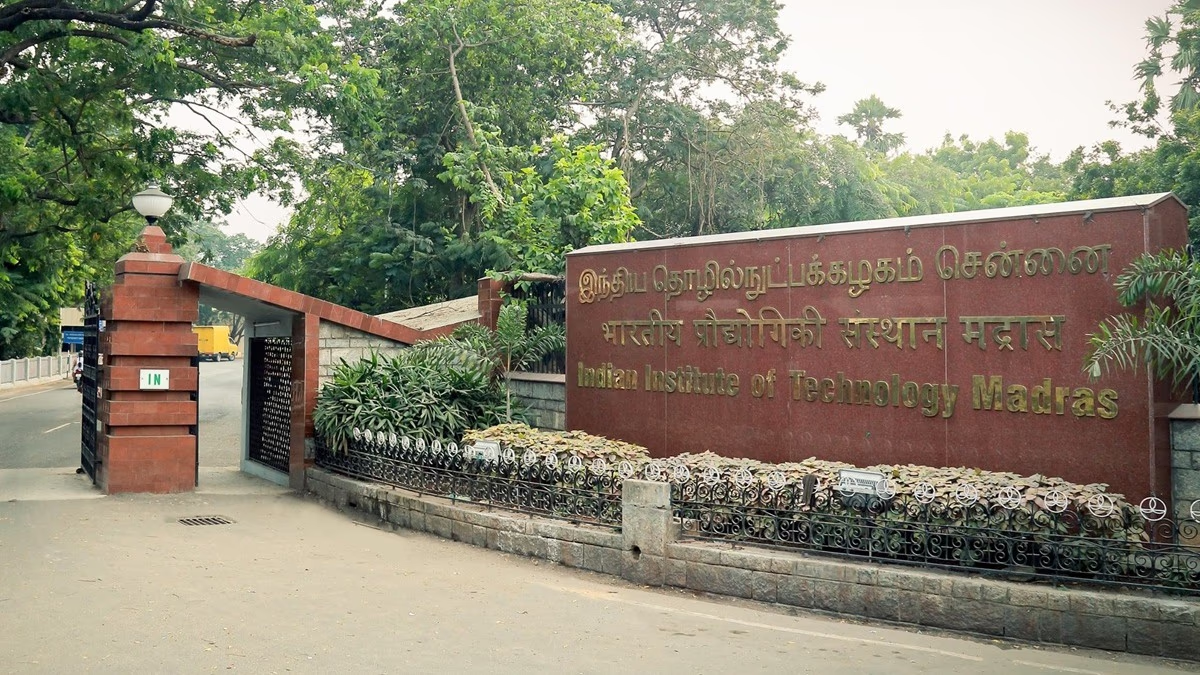On July 29, 1946, Muhammad Ali Jinnah convened a major meeting with Muslim League leaders in Bombay to push for Pakistan. A fiery 26-year-old Muslim League leader, Sheikh Mujibur Rahman, could not attend the meeting due to financial constraints, as noted in his diary. Jinnah declared August 16 as Direct Action Day to demonstrate the unwavering commitment of 100 million Indian Muslims to Pakistan.
Despite missing the July 29 meeting, Mujibur Rahman played a vital role on Direct Action Day by hoisting the Muslim League flag in Calcutta.
Let's delve into Mujibur Rahman’s background. Born on March 17, 1920, in Faridpur district of British India's Bengal province, Rahman came from a landlord family. He suffered from glaucoma in seventh grade, halting his education for four years, before eventually passing his matriculation exams from Gopalganj Missionary School.
When Mujibur Rahman Understood Hindu-Muslim Differences
In 1938, Bengal’s Prime Minister Fazlul Haque and Labour Minister Suhrawardy visited Gopalganj. Rahman noticed Hindu boys distancing themselves from the event due to Congress’s directives. Mujib wrote, "We did not differentiate between Hindus and Muslims at that time. I had many friends among Hindu boys. We played, sang, and roamed the streets together."

Source: aajtak
This marked the onset of Mujib’s communal identity and his association with Suhrawardy, who noted his name and address following the event, maintaining contact that lasted until Suhrawardy's death.
In Calcutta’s Islamia College, Rahman immersed himself in the movement demanding a separate Muslim state, eventually becoming an active participant.
'We Must Create Pakistan'
In his autobiography 'Unfinished Memoirs,' Rahman wrote, "I believed that without creating Pakistan, Muslims had no future in this part of the world." The Lahore resolution on March 23, 1940, which aimed to create Pakistan in northwest and eastern regions of British India, reinforced this belief, although Rahman misunderstood it to imply Eastern Bengal would become a separate country.
His misconception was shattered in April 1946. In the Muslim League’s Delhi session, the proposal changed from creating separate 'states' to a singular 'state' for Muslims, contradicting Rahman’s vision of an independent Eastern Bengal. Though disappointed, he remained with the League, supporting the Pakistani cause as Islam became the unifying factor.
Rahman, under Suhrawardy's patronage, emerged as a prominent leader in Bengal’s Muslim League, helping it win a significant victory in the 1945-46 elections and forming the provincial government with Suhrawardy as Prime Minister.
Direct Action in Calcutta on August 16, 1946
Jinnah declared Direct Action Day on August 16. Rahman, supporting Suhrawardy, who controlled the Home Department, reached Calcutta University with Nuroodin at 7 am and hoisted the Muslim League flag unchallenged. Later, the flag was torn down.
Rahman recounted ensuing riots with students arriving bloody and badly injured, lacking preparation to handle such violence.
'Pakistan Zindabad' Slogan
As riots broke out, Rahman experienced firsthand the chaos and the rallying cry for Pakistan. Calcutta became a battlefield, with Muslim and Hindu families seeking refuge in respective areas.
Historical records note that in just 72 hours, 4000 people were killed and 100,000 displaced in Calcutta, marking this as the Long Week of Knives.
Post-partition, a plebiscite determined that the Bengali Muslim-majority Sylhet district would join Pakistan, influenced by Rahman’s advocacy.
This marked the first phase of Rahman’s life, with the second beginning on August 14, 1947, as he later fought for Bangladesh's independence from Pakistan.




